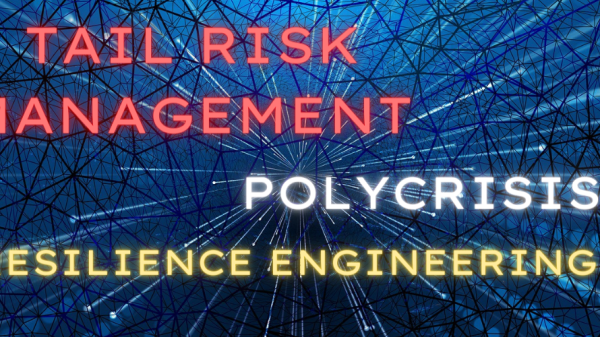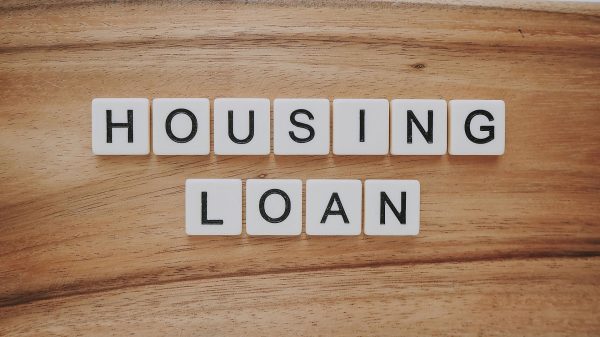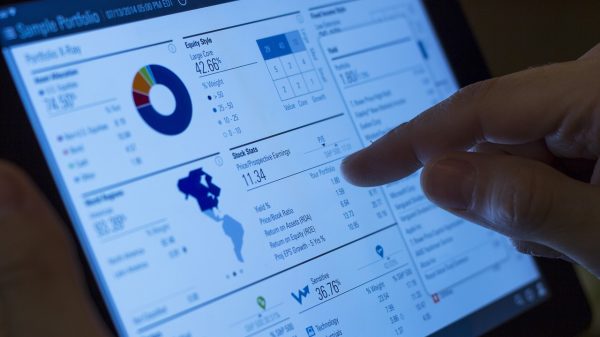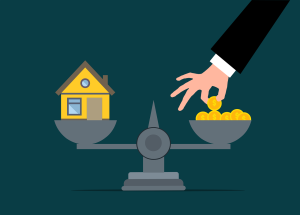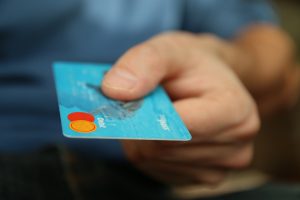It is difficult to find a person who doesn’t have any debt. Whether it is a car loan, credit card, personal loan, or mortgage, the probability is that almost every one of us has it. It could be said that nobody likes having a loan, but the cruel reality is that at some point in our lives, we will have to have it. Unless we are prepared to pause our purchases until we save enough to buy a car, a house, or other items we would like (until we are old enough to retire because it is then when we will have enough money accumulated).
Although nobody likes having debt, we should also consider why we have debt. If the reason is that we have taken a loan to purchase (invest) in necessary goods such as a car, renovation, or purchase a house, then it is good to have a loan. Keep in mind that maxing out your credit card limit to purchase unnecessary things or party all night long is one of the worst ways to manage your finances. Why? Because aside from the short-term satisfaction that you have when buying a piece of jewelry or clothes, what remains, in the long run, is your debt. Short-term pleasure has been transformed into long-term obligation ascertain with decreased liquidity and increased costs.
What to consider before paying off a loan
Regardless of the reason you have taken a loan, the fact remains that you have a loan, and you should repay that loan. So, the question then becomes – Should you pay off your loan earlier? There is no simple answer to this question. The complexity in answering the question imposes the need to carefully analyze a couple of issues:
- The existence of a penalty for early repayment;
- The interest rate charge – or saving for that matter;
- The time period of additional funds available;
- Alternative use of available funds – should you invest them;
- The effect of early repayment on your credit score;
- Repayment strategy;
Before proceeding in-depth about the issues mentioned above, one thing should be considered. You should have an emergency fund before even thinking about paying off your loans. This fund should help you bridge over any unforeseen expenses or even survive the unemployment period if you find yourself unemployed. There is no clearly defined rule regarding the fund’s size, but it is often said that it should be enough to cover six-month expenses. In some cases, it is said that the fund should be equal to six months of income. The latter makes more sense because you could retain your lifestyle (at least for six months without any income). Off course, the size of the emergency fund at the end is your decision.
Coming back to the issues that should be considered before repaying your loan. You should consider the expenses as well as any additional income you could generate (saving the interest payment) when repaying your loan. This means that you should primarily see if there are any penalties or charges for early repayment. Some institutions charge an early repayment fee. The fee varies from institution to institution, but you should definitely take it into account. Secondly, you should estimate the money you will save if you pay off your loan earlier. This is in terms of the interest rate you would otherwise pay if you decide not to go for early repayment. This is closely related to the alternative use of available funds. You should analyze if you could invest that money in an interest-earning instrument or an instrument that will provide you with a return. In addition, you should analyze the money you could be earning if you decide to invest your money in a CD, the stock market, or any other high-yield instrument.
Before repaying any loan, you should consider the durability of the available funds you have on hand. In other words, do you have additional funds for a short period, or the increased availability of funds will proceed in the future? This is important because if you commit early repayment or faster repayment of your loan, you should be sure that you will have available funds in the future. If you have extra money this month because of some bonus or some extra activity you got paid for, then you should not instantly about consider early repayment.
Considering the effect of paying off your debt on your credit score. Noteworthy mentioning is that it will have a positive impact. If you pay off your debt before maturity, it will show stability in your behavior for managing your finances, i.e., financial obligations.
Another thing to consider before paying off your debt is the repayment strategy. There are a couple of basic strategies that you could apply, such as increasing the monthly payment strategy, a lump sum payment strategy, etc. You could read the post about possible debt repayment strategies for an in-depth explanation of the strategies.
Summarizing the benefits and drawbacks of paying off your loans faster
The benefits arising from paying off your debt faster are:
- Saving the amount of interest rate, you would pay during the remaining life of your debt;
- Improving your credit score for any future needs for a loan;
- Increase the availability of funds in the future because you do not have any monthly installments;
- Free up funds to accumulate capital for future purchases, in case you can save the amount you would otherwise pay as installments.
The drawbacks arising from paying off your debt faster are:
- Possibility to end up paying early repayment penalties;
- Tying up available capital;
- Wrong analysis about your future income and capital needs could result in applying for a new loan quickly, thus ending up paying the interest rate twice. In many cases, this is in the sense that at the beginning of the repayment period, a big portion of the monthly payments is assigned to the interest payment, and a certain portion goes toward the principal payment. Thus, paying a loan before the maturity date means that you have paid a big portion of the interest. If you need to take on a new loan, you will again start from the beginning and thus have to pay a higher amount of interest.
- You don’t get to use the extra money you have in hand.
It could be stated that the decision to pay off a loan faster should not be taken for granted. This decision could have a strong (positive or negative) on your financial future. Thus, before deciding to pay off debt earlier, always consider all the relevant aspects and issues. Also, always weigh the advantages and disadvantages that will come with paying loans before their maturity. Along with your ability to pay off your debt earlier and the effect on your lifestyle should always be taken into account.
